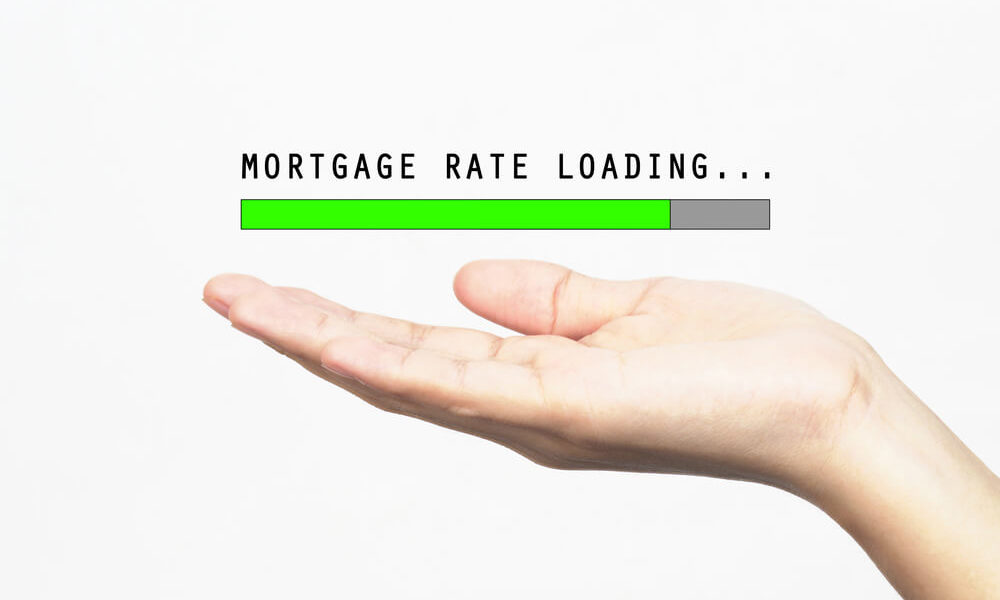Back Mortgages
7 Bad Reasons for Refinancing Your Mortgage
A home refinance loan means you can borrow money from your home’s accumulated equity. However, you shouldn’t refinance your mortgage for random reasons. Let’s discuss when you shouldn’t refinance your mortgage. Bad Reasons to Refinance Your Mortgage Consider the following reasons why you should hesitate to pursue a refinance loan. For consolidating debt Using your mortgage to refinance for a
Interest Rate Swaps and How to Use Them
If you have a loan with a variable rate, there’s a good chance that you keep a close eye on interest rates. A change in interest rates will impact your borrowing costs and make your monthly payments uncertain. Changes in variable-rate indexes can make it difficult to forecast debt service levels. An interest rate swap could be a good fit
Major Factors Used By Lenders While Determining Mortgage Rates
Mortgage rates vary because the borrower and the subject property always have distinctive characteristics. Typically, the risks underlying the loans as well as the interest rates are different in each case. Lenders often use different pricing models, so even similar cases can have varied pricing. Essentially, when assessing the risk, a mortgage lender typically considers the likelihood of a borrower
The 3 Most Common Mortgage Acronyms You Need to Know
As of June 2020, the median price of a house in the U.S. was about $284,600, as reported by the National Association of Realtors (NAR). With about 1.3 million Americans earning below the minimum wage, per the U.S. Bureau of Labor Statistics (BLS), paying for a house out of pocket can be difficult. This is where mortgage lenders come in
How Fannie Mae Is Different from Freddie Mac
Fannie Mae and Freddie Mac, which are government-backed agencies, play an integral role in the American housing system. They buy mortgage loans from lenders, such as banks, package those loans into mortgage-backed securities, and then sell them to investors. Because Fannie Mae and Freddie Mac take on much of the risk, investors generally consider those securities to be safe. These
How to Sell Seller Carry-Back Mortgages
Getting a mortgage from a bank isn’t the only way to finance the purchase of a home. In fact, seller-financing in real estate is a hot topic and can often be a viable alternative to a traditional mortgage loan. Here is what you should know about a seller carry-back mortgage and how to sell one effectively. Seller Carry-Back Mortgages











